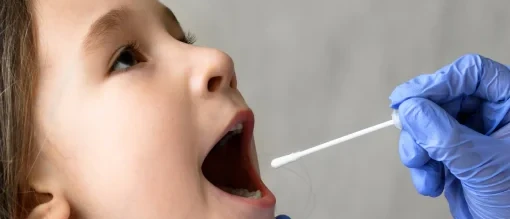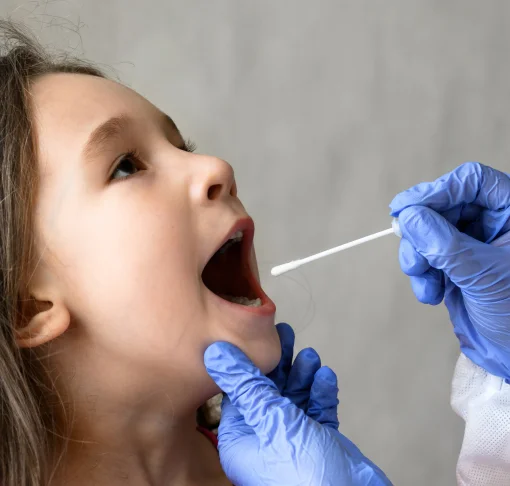Supporting an Immigration Request with a Legal DNA Test Might Be Faster Than You Think
With the UK government’s 2025 immigration white paper introducing tighter controls and longer settlement periods, many families are turning to DNA tests to support visa and passport applications. Whether you’re proving a biological relationship for a dependent visa or clarifying family ties for British citizenship, legal DNA testing can provide reliable evidence—often faster than you might expect.
Why DNA Testing Matters More Now
In May 2025, the UK Home Office announced reforms aimed at reducing net migration and increasing scrutiny over immigration routes. These included:
- Extending the settlement period from 5 to 10 years
-
Raising salary and qualification thresholds for work visas
-
Stricter requirements around dependent family members
For families lacking reliable birth or legal documentation—especially from countries with limited civil registration systems—DNA testing offers a practical and voluntary solution to demonstrate biological relationships.
Rather than ‘peace of mind’ DNA tests, Legal DNA Tests are required, which are recognised by the Ministry of Justice. The government has a list of accredited providers, which includes AttoLife.
How Long Does an Immigration DNA Test Take?
The total turnaround time for an immigration DNA test in the UK typically falls into this range:
Stage |
Estimated Timeframe |
| Booking and appointment | 1–3 working days |
| Sample collection (UK & abroad) | Same-day (UK) or coordinated remotely |
| Lab processing and analysis | 1 day (UKAS-accredited) |
| Results report issued | Usually within 4–6 working days |
Total typical time: 4–6 working days, depending on coordination with overseas embassies or consulates.
What Slows It Down?
Several factors can influence how quickly a DNA test is completed:
-
Remote collections for family overseas (e.g. Ghana, Bangladesh)
-
Embassy coordination delays
-
Public holidays or high-demand periods
-
Missing ID or consent forms
If you're on a tight immigration deadline, it's crucial to work with a provider who understands Home Office-compliant procedures and can liaise with embassies directly.
Is a DNA Test Required for Immigration?
No, DNA testing is not mandatory. However, it is often recommended when documents are unavailable or questioned. The UK Home Office accepts DNA results as supporting evidence, as long as:
-
Testing is conducted by a UKAS-accredited lab
-
Chain of custody is documented
-
All parties consent in writing
It’s commonly used for:
-
Child dependency visas
-
Parent-child reunification
-
British citizenship confirmation
How Accurate Are the Results?
Modern DNA tests used in immigration cases are over 99.99% accurate when testing first-degree relatives (parent, child). For more complex relationships (like siblings or grandparents), extended marker testing improves reliability. When testing for grandparent DNA tests, or cousin DNA tests, or even more extended family, we recommend using 600 markers as a means to prove a relationship an acceptable level for court.
Next Steps: How to Get Started
If you’ve been advised to get a DNA test for immigration:
-
Choose a Home Office-recognised provider here
-
Book your appointment (in the UK or abroad)
-
Ensure all parties bring valid ID
-
Wait for results — most reports are returned within a week
Need a fast, UKAS-accredited DNA test for immigration?
We offer nationwide appointments and international collections. Explore international locations here or request a quote through our website.


